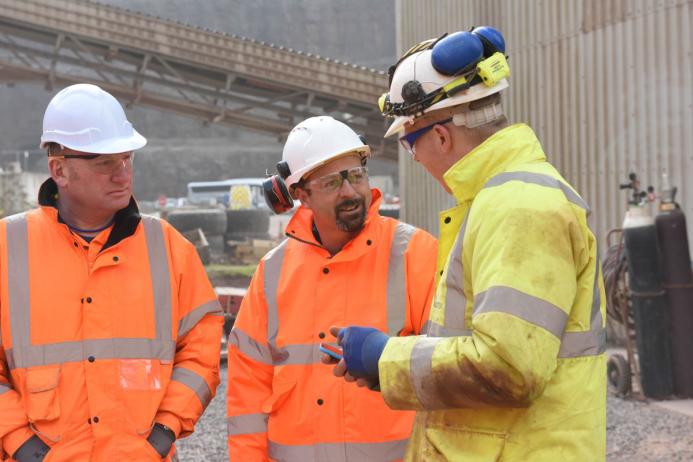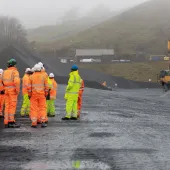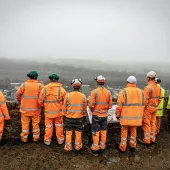With standards come improvements in safety
Standards are fundamental to all our activities as an Institute. Over our hundred-year history, we have consistently aimed to advance both our profession and sector. As we navigate a period of significant change driven by technological advancements and the sustainability agenda, our standards must remain relevant now and in the future.
As my term as President concludes next month, one of our notable achievements has been recognizing the importance of more effective collaboration across the sector. With my 45+ years in the industry, I believe this is especially vital when establishing our standards. While the Institute sets the standards for individual membership grades, we must work alongside partner organizations to align with the broader industry approach.
This is why I am particularly pleased with the development of the Strategic Safety Forum (SSF) for Health and Safety in the Mineral Products Sector. No single organization can own standards; we need to engage everyone in forming a common understanding of our core standards and competencies.
Although standards may seem like a dry topic to many, I genuinely believe we all have a responsibility to participate in developing the National Occupational Standards (NOS), as they form the foundation of our qualifications. As sector professionals, it is crucial to understand these standards and how they apply within our organizations.
Our partner organization, the Mineral Products Qualifications Council (MPQC), spearheads the co-ordination of these efforts, and I urge our members to get involved and help shape our future direction.
Amidst rapid changes, particularly in technology, it is gratifying to witness the development of new qualifications to support the industry’s progress. One example is the new Diploma in Surface Mining Explosives Engineering, a joint effort between the IQ, the University of Derby, and the EPC Groupe. With the first cohort starting next month, this marks the culmination of extensive work by many.
Looking ahead, I am pleased that our Institute continues to play a key role in developing and delivering support that makes our sector safer, more competitive, and most importantly, true to our original mission.
Viv Russell






